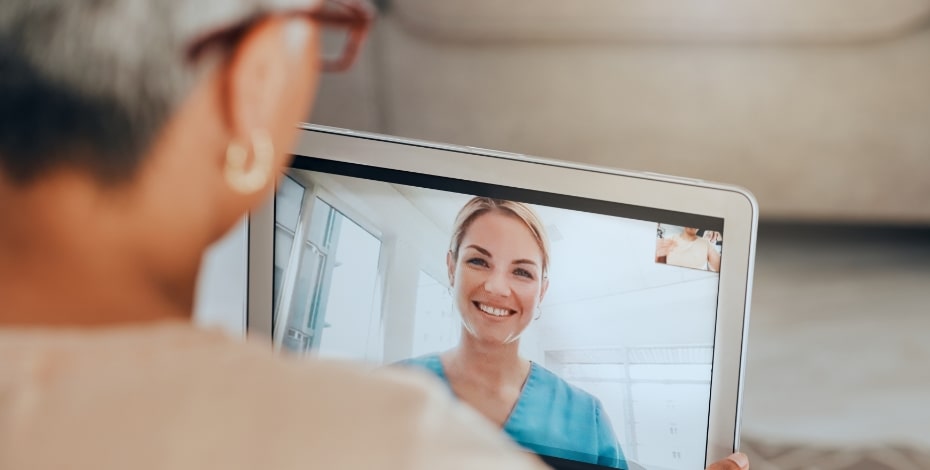
Telehealth-delivered pelvic floor training after gyneacological cancer surgery feasible

Pelvic floor muscle training (PFMT) delivered by telehealth may be a feasible intervention for urinary incontinence and/or faecal incontinence after gynaecological cancer surgery, say Australian researchers in a paper published in Supportive Care in Cancer in 2023.
In the trial conducted by researchers in Melbourne, patients with incontinence after undergoing gynaecological cancer surgery underwent a 12-week physiotherapist-supervised telehealth-delivered PFMT program using an intravaginal biofeedback device and associated mobile application.
Participants followed a daily home exercise program installed on the application, tailored to the individual’s progress.
They also undertook seven videoconference sessions with a physiotherapist across the three-month intervention, during which the physiotherapist trained them in the use of the intravaginal device and monitored their progress in real time.
Education-based therapies were also provided, depending on each participant’s symptoms.
Following completion of the intervention, participants were encouraged to continue using the device three times per week with a maintenance PFMT program.
Of the 36 participants enrolled in the study, 32 received the intervention.
Thirty participants demonstrated high engagement, attending at least six of the videoconference sessions, and 24 completed five to seven PFMT per week during the trial.
Small improvements in clinical function were seen immediately post-intervention.
The authors said the study demonstrated the feasibility and safety of the telehealth-delivered PFMT intervention to patients who had undergone gynaecological cancer surgery and noted that it might be an acceptable way to manage urinary and/or faecal incontinence in these patients.
This study was supported by a Physiotherapy Research Foundation Seeding Grant awarded to principal investigator Robyn Brennen in 2018.
© Copyright 2024 by Australian Physiotherapy Association. All rights reserved.





